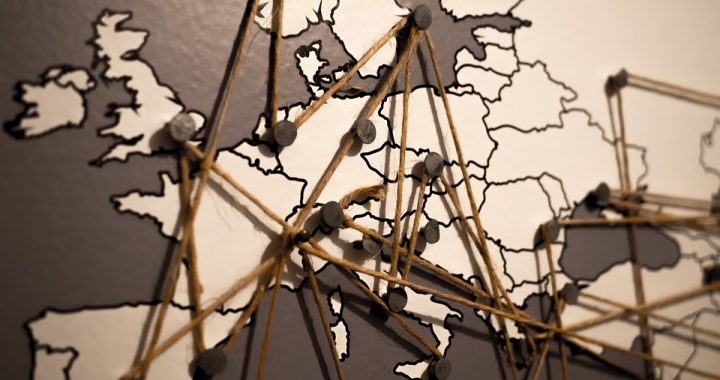One of the main principles of the European Union (EU) is the reduction of inequality across the Member States by harmonising legislation, but also by making relevant coordination efforts for the implementation of these common regulations. Among these harmonisation process, the EU aims to share a mutual recognition framework for a common judicial framework in order to achieve equality across the Member States in spite of the different legal systems in Europe. Thus, specific considerations need to be taken in order to prevent the destruction and transformation of evidence across different countries, while improving the procedures for a coordinated evidence gathering and their subsequent admissibility in criminal proceedings. Nowadays, the European instrument developed to respond to the mentioned aim called European Investigation Order (EIO) which repeals the Framework Decision establishing the European Evidence Warrant (henceforth EEW) and replaces the ‘corresponding’ provisions of the Council of Europe mutual assistance Convention and its two protocols (Framework Decision on the Evidence Warrant, FD 2008/978/JHA and Stockholm Programme, Brussels 23.11.2009, 16484/ 09, JAI 866), as well as the EU Mutual Assistance Convention and its protocol, and the relevant provisions of the Schengen Convention.
The EIO facilitates the request and execution of evidence, guaranteeing the legal assistance in a more efficient and less complex way as it is being compared with alternative cooperation and mutual recognition instruments. In front of “mutual recognition” taken as a single principle, EIO implies this principle but also assures that both States (issuing and executing States) are applying common procedures and recognizing a foreign judicial decision in a more efficient and faster procedure than the traditional instruments.
Nevertheless, enforcement of indicated legal instruments includes controversial elements which need to be further analysed and ethically addressed: for instance, considerations on evidence on financial and personal information or interception of telecommunications across between EU Member States, with different national laws on Data protection. While a EIO is being implemented, some problems and gaps have been detected. In addition, the different national laws and different considerations on offences in executing State, a lack a common definition of the principle of proportionality or investigative measures, the lack of coordination and homogeneous procedural rules for gathering evidence and all additional deficiencies might undermine a fair defence of an accused individual in the executing State (Winter, 2010: http://goo.gl/ajrZgm).

